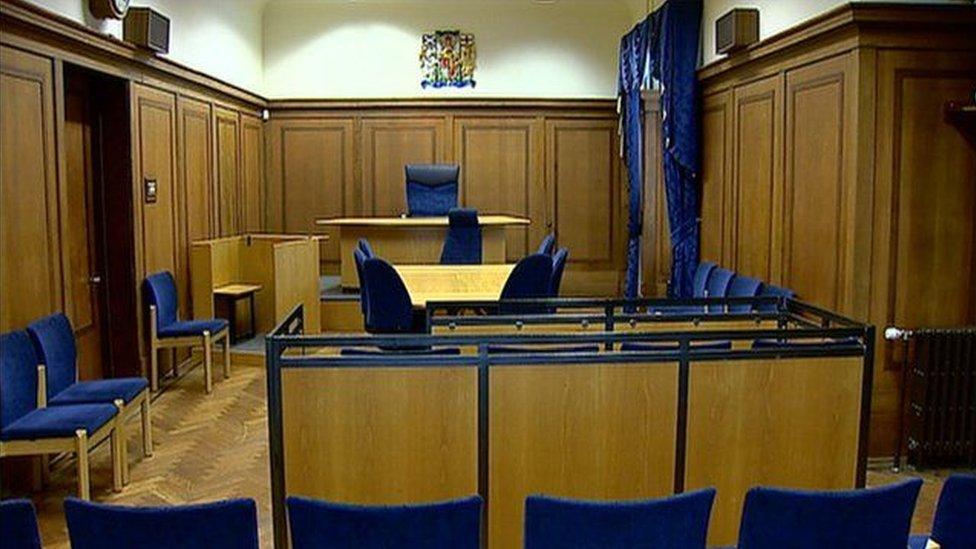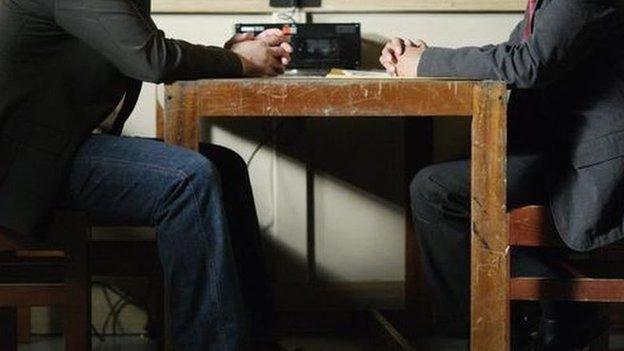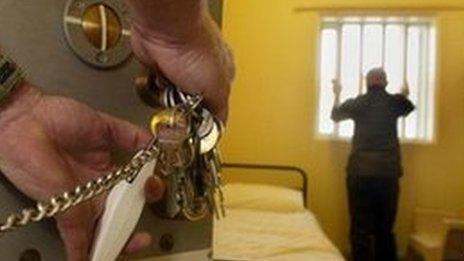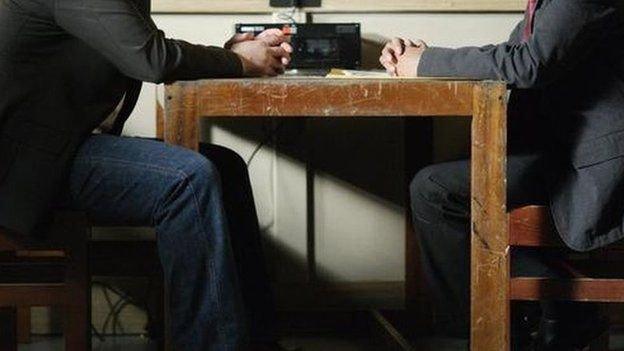'Clear evidence' needed on 'not proven' verdict removal
- Published

The members' bill would see a change to court verdicts
Clear evidence would be needed before removing the "not proven" verdict from the Scottish criminal justice system, a minister has told MSPs.
Justice Secretary Michael Matheson made his comment to Holyrood's justice committee which is examining a members' bill calling for the change.
Labour MSP Michael McMahon wants only "guilty" and "not guilty" verdicts.
He has also proposed that at least two-thirds of a Scottish jury back a guilty verdict before it is returned.
Expert group
Mr Matheson argued that the country's three-verdict system was "interlinked" to other changes, such as jury size and jury majority, and must be considered at the same time.
He said he was "not unsympathetic" with the Criminal Verdicts (Scotland) Bill's, external aims but said they should be considered alongside the Scottish government's work to bring forward Lord Bonomy's recommendations, external around the safeguards for the abolition of corroboration.
An expert group led by the former High Court judge recommended that the requirement for corroboration is retained when it comes to hearsay, as well as confession evidence.

Plans to ditch corroboration have been removed from the Criminal Justice (Scotland) Bill
Mr Matheson removed the proposal from the Criminal Justice (Scotland) Bill, external but added that the government "still believes that there is a case to be made" for its abolition.
He told the committee on Tuesday morning: "I see it [corroboration] as an area of unfinished business.
"But to return to that, I believe that it is important that we take forward the recommendations that were set out by Lord Bonomy. Part of that is the specific areas around jury size, jury majorities and the three verdicts."
Mr Matheson added: "I believe these are all interlinked, and that is why I don't believe it is wise to look at changing one ... or even two of these three things without having a better understanding of the impact they will actually have on how the system operates."
'Stigma attached'
Mr McMahon, who also appeared before the committee, pointed out that previous proposals to scrap corroboration had not considered making changes to the verdicts juries could consider.
He added: "Why all of a sudden do we have to hold back on the not proven because the corroboration aspect got into some difficulty?
"If there was a link between corroboration, not proven and the majorities, then why wasn't that made at the time corroboration was the main issue that was being looked at in the criminal justice system?
"There appears to be an argument being made now that there is an inextricable link between the two, and, if that was the case, why was this not part of the last Criminal Justice (Scotland) Bill which looked at corroboration?"
He went on to tell MSPs there was a "stigma attached to the not proven verdict".
Mr McMahon said: "I think a 'not proven' verdict actually suggests that there may have been some evidence that they had done it, but there was not enough evidence to convict, and I don't believe that is what a trial is there to achieve. It's there to look at the evidence and arrive at a conclusion on guilt or not."
- Published19 December 2012

- Published21 April 2015
